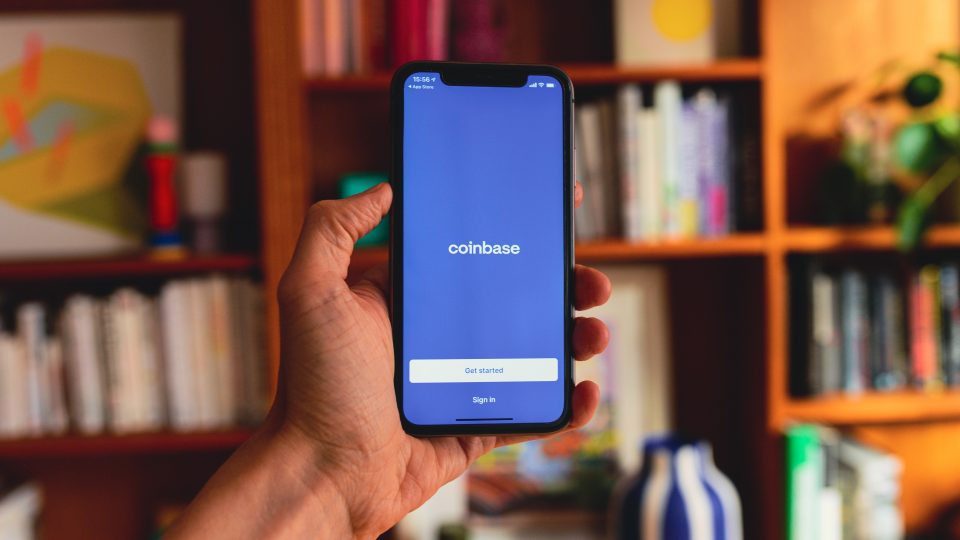What Is a Hosted Wallet? | Setting Up for Crypto
If you’re brand-new to the world of cryptocurrency, getting started can seem a little intimidating. Fortunately, some things can be done for you. This includes setting up a wallet.
You should have a wallet if you’re carrying around money or bank cards. Otherwise, it’s likely you’re going to lose your hard-earned cash. Cryptocurrency is no different, and has to be stored somewhere. If you don’t have a crypto wallet, a hosted wallet can be set up for you.
Whether you want to stock up on BTC or ETH, or are keen to collect NFTs, you need a wallet. Because cryptocurrency and tokens are part of blockchain technology, they need a special place to be stored.
Wallets come in a variety of forms. To begin with, you might be unsure which is best for your needs and requirements.
Table of Contents
What Is a Crypto Wallet?
How Do Wallets Work?
Hot & Cold Wallets
What Is a Hosted Wallet?
Choosing the Right Host
What Is a Crypto Wallet?
As we said, a crypto wallet is a place to store anything crypto or blockchain related. But, how exactly do they work, and why is it important to choose the right one?
A wallet actually stores your keys and passwords that enable you to access your coins or tokens. Additionally, they let you send and receive crypto. This is not unlike a PayPal wallet, which is a digital wallet for fiat money (although PayPal has introduced crypto capabilities this year).
How Do Wallets Work?
You can have more than one wallet. In fact, you may need certain wallets for different crypto. For example, a Phantom wallet is ideal if you’re dealing in SOL, and a Metamask wallet is perfect for ETH.
Each wallet has a unique ID, which is made up of a string of letters and numbers. This is also known as the public key. Similar to a bank card number, it can only be used to view or receive funds, meaning it can safely be viewed publicly.
When you do set up a wallet, you’ll be given a “seed phrase”. Like a PIN for your bank card, this must be kept a secret. It consists of a jumble of twelve random words. It’s vital that you keep a safe record of the seed phrase, as it is what grants you access to your wallet.
In order to buy and sell cryptocurrencies, you then need to connect your wallet to the marketplace you intend to trade on. To protect yourself, it’s advisable to spread your crypto across multiple wallets. That way, if one falls victim to fraudulent activity or hacking, you have some back up stored elsewhere.
Hot & Cold Wallets
Hot wallets are great for warming up your mitts in winter, and cold ones are perfect for keeping food chilled on camping trips.
Okay, for real though, hot wallets are crypto wallets that exist on your web browser or as an app on your phone. They’re always connected to the internet and part of a network. These kinds of wallets are good for trading on the go, and provide easy access for sending and receiving crypto on the fly.
Cold wallets are a crypto storage solution that is not connected to the internet. They can be digital, or hardware wallets, looking similar to a fancy USB stick or hard drive. Many people view these as a more secure storage format, since they’re less vulnerable to cyberattacks. Just make sure you don’t lose it down the back of the sofa!
What Is a Hosted Wallet?
A hosted wallet is a fantastic entry level way to get started with owning crypto or NFTs. You can dive right into buying and trading crypto, without needing to go through the steps of setting a wallet up yourself. There’s no need to worry about looking after the keys and passwords either.
A hosted wallet is automatically set up for you when you begin trading on exchanges like Coinbase or Bitflyer. This is simply a way to store your crypto, whilst a third-party looks after and controls the cryptographic keys. So, if you were worried about losing your passwords, fear not! Coinbase, or whoever you choose to go with, will look after them for you.
The exchange hosting your wallet will control, send, and receive crypto on your behalf.
A benefit of using a hosted wallet (aka a custodial wallet) is that some platforms allow you to send crypto to the same kind of wallets free of charge. There can be more security in hosted wallets too. Some platforms will insure you against loss, whether that be as a result of cyberattacks, or due to some mistake make on their part.
Choosing the Right Host
With a hosted wallet, there is still an element of research required. It’s important to find one that suits your needs, and that you feel comfortable using.
The key consideration should always be security. Additionally, you need to look at ease of use – this is particularly important if you are a beginner. Compliance to government and financial regulations is important too, as this will indicate how safe and legitimate a host is.
Alongside Coinbase and Bitflyer, you could opt to go with Binance, BitGo, BitMex, or FreeWallet for your hosted wallet.
If you’re looking forward to investing in fractional music royalties with Fractis, we recommend setting up a Phantom wallet!
